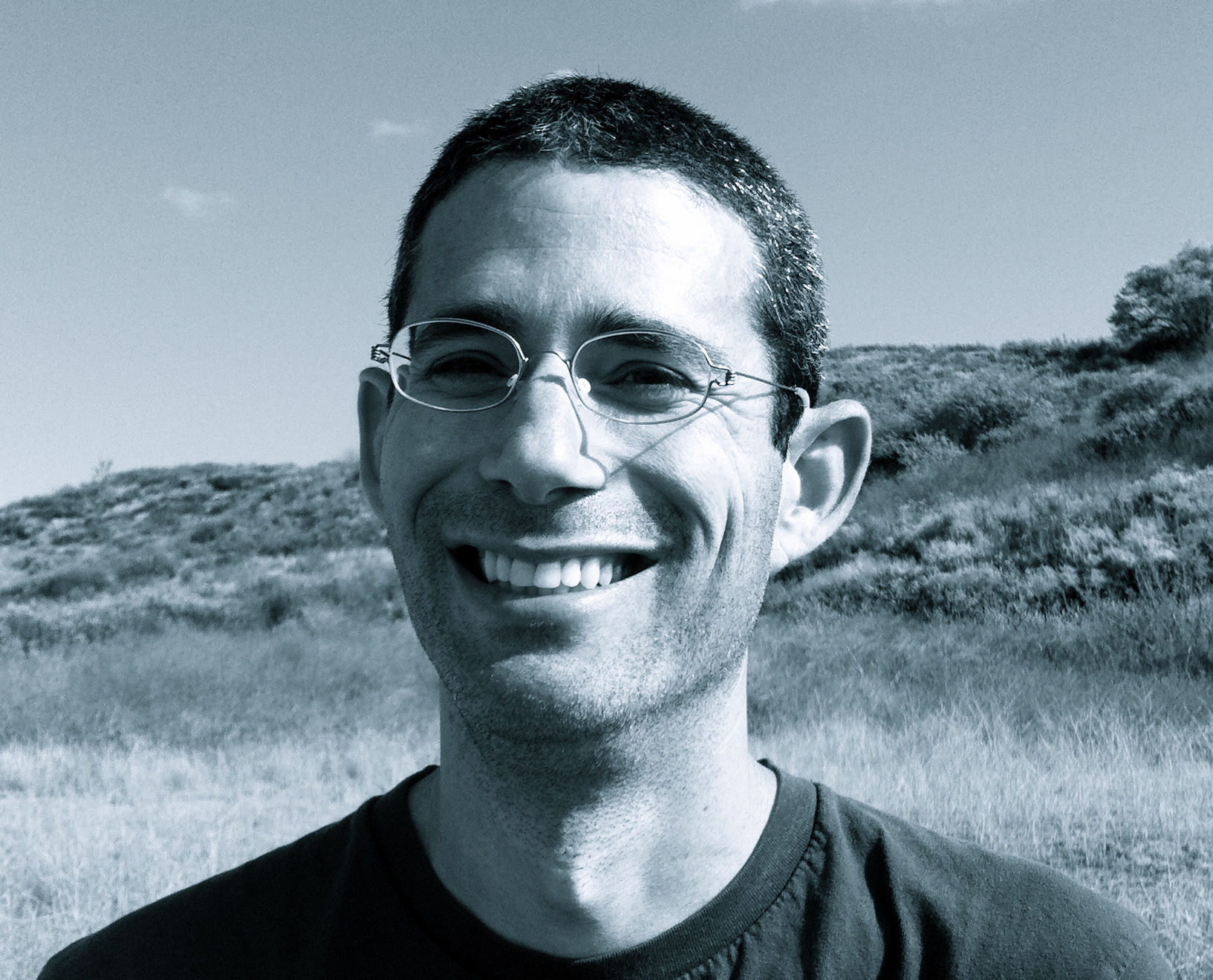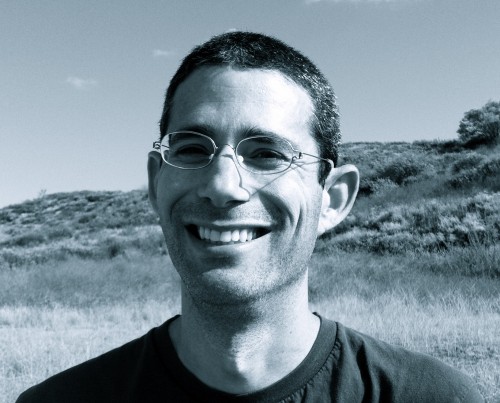Interview with Michael Karmon, composer

Michael Karmon is a California-based composer who dedicates much of his output to the classical guitar. We sat down (virtually) for a little interview about his background, composition process, and new models for commissioning music.
CG.org: Tell us about your musical education and the path that led you to the guitar
MK: I took the usual academic path as a composer, and was trained to write for orchestra, voice, and various chamber ensembles. I didn’t write much guitar music while in school, but once I got my degree I felt drawn back to the instrument. I was very fortunate early on, because I got to work with some terrific players (Joe Hagedorn, Denis Azabagic, Newman/Oltman Duo,) and that set me on the right track. The guitar is a really tough instrument to write for, but I’m continually inspired and energized by the various challenges it poses.

So did you study guitar formally before you commenced your composition studies? or did your interest in the instrument prompt you to learn to play later on?
A bit of both. The extent of my formal training is two years of lessons when I was very young. I picked up the guitar again in high school for the usual reasons. In college I played a lot of jazz both as a soloist and in various ensembles. After school I started playing classical, and this was very much driven by my interest in writing for the instrument. I’m not a good player, but I’m better now than I was when I first started writing for guitar. It definitely helps to be able to play through my own music.
As a composer, what’s your relationship with and attitude towards the “canon” of our repertoire?
I can’t say I share most guitarist’s love for the Spanish repertoire. For me things start to get interesting with the pieces Bream commissioned, especially from Takemitsu, Berkeley, and Walton. I try to play and study pieces from the repertoire as often as I can, and I find many of them inspiring. I’ve certainly learned a lot about writing for guitar through these pieces. Having said that, I do wish guitarists would embrace new music more readily. There really are a lot of worthwhile contemporary pieces out there.
You’ve developed some projects through online communication and networking. Tell me more about them, and do you think they may hint at a new, viable way of commissioning music?
Backpack Pieces, a suite of 10 easy movements, was such a project. I proposed on the Delcamp Guitar Forum that players could each have a movement dedicated to them in exchange for a small fee. Unfortunately, in this scenario participants could not have any input about the music, but they could choose which piece was dedicated to them. I even wrote the first movement in advance so people could have something concrete to look at. It went over well. I think all the spots were filled within a few hours. It certainly looks like there’s an interest in this kind of crowd sourced commission, and people seemed genuinely excited about being involved in the creation of a new piece. I think there is a lot of potential out there both in terms of getting funding and finding players to write for. Meeting players in person can be inspiring and valuable, but I’ve had great experiences writing for guitarist that I’ve met only online and never in person.
Do you write music that is strictly pedagogical? can you tell us more about your approach to this subset of the repertoire, and how much your own technique influences what you write in this context?
As it happens, my current project is a set of etudes, but they focus on the techniques of composition rather than those of playing. Developing musical material can be tricky on the guitar because of its limitations and idiosyncrasies. Sometimes it can be easier just to come up with new musical ideas rather than effectively use what you already have in different contexts and guises. But I feel that development is a hallmark of good music. These etudes are partly an immersive exercise for me, and partly an effort to showcase different ways to develop material on the guitar.
To conclude, tell us about your current projects.
Recent commissions include All in a Day’s Work for NYC Duo, which aims to evoke the busy life of a New York musician; Ice for 10-string guitarist Jouni Stenroos; and Dreams Laid Down, based on poems by Janice Notland, for guitarist Alan Rinehart. All these projects were unique and highly satisfying. I’ve learned through experience that it’s not wise to plan too far ahead into the future. But tentatively, projects for guitar duo; for a trio of guitar, violin, and clarinet; and for voice and guitar are on the horizon.
Many thanks to Michael for his time and insights. Make sure you check out his website, where several of his scores are available.
